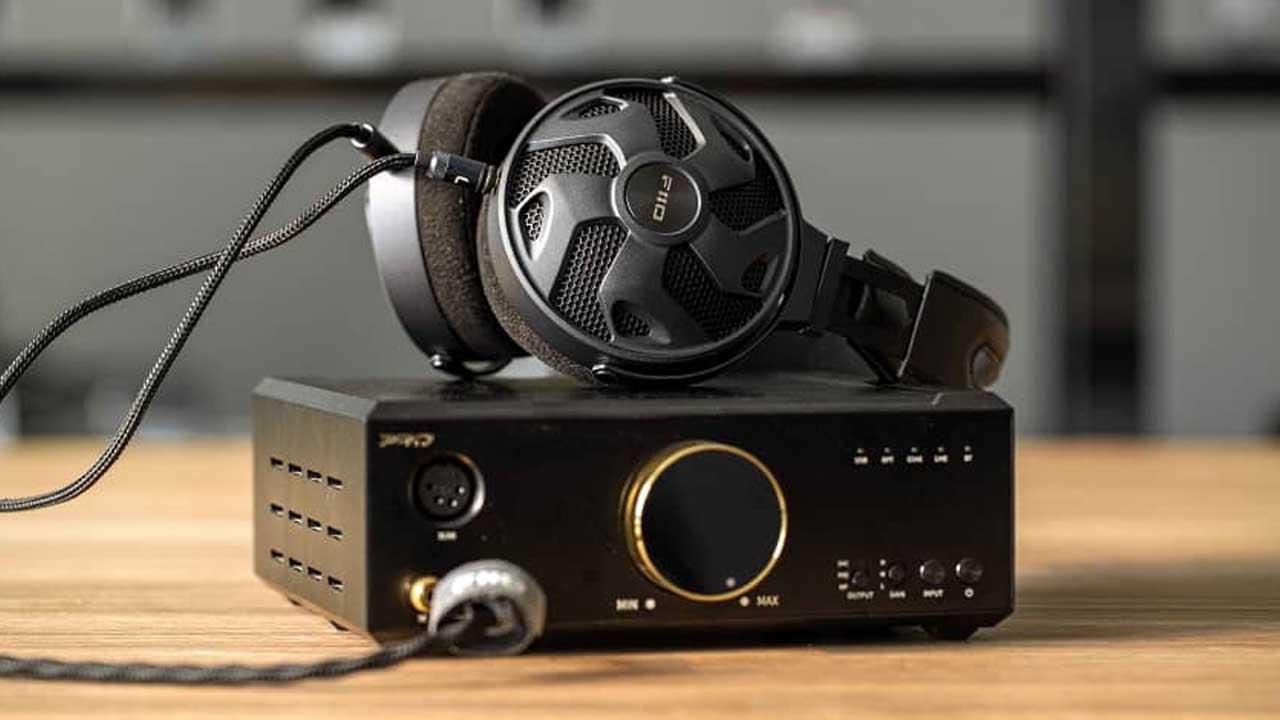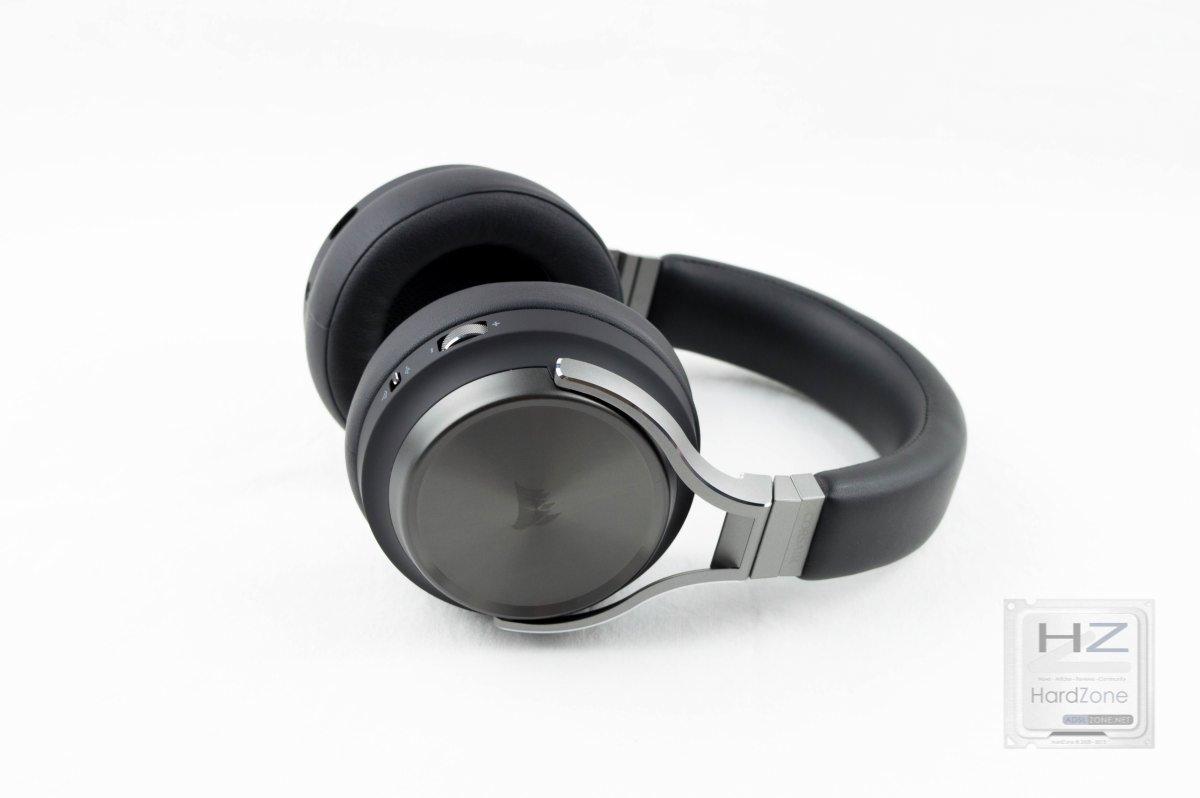
I have been using a high definition headset for about three years now, and I was very happy with it. However, due to a problem these headphones have passed away, and it wasn’t until I’ve been forced to continuously use more “average” headphones that I realized that I have either become an audiophile or I’m an audio connoisseur, or do all “standard PC” headsets sound bad to me?
Hi-Res headphones, why?
Really, for nothing in particular… as you know, on this website we analyze many products first-hand to tell you how they work and give you our impressions, and some TOP headphones fell into my hands a few years ago: some Corsair Virtuoso SEheadphones designed for the commercial market (that is, they are not professional headphones that need a preamp, far from it, they are a product within everyone’s reach) but they have specifications that are much higher than normal: they work with a frequency response from 20 to 40,000 Hz and are able to function with a 96 KHz 24-bit sample rate.
Since they fell into my hands I was delighted with the sound quality, and later I ended up buying some for my personal use. As I said, for about three years I have been using them daily and for everything: from conferences or listening to music, to playing games and communicating with my colleagues on Discord; In addition, they have the plus that they work wirelessly on the PS4, so I also used them to play with the console in the living room. In short, it has been three years of daily use in which I really gave them a lot of “cane”.
But all devices have a lifetime, and honestly they have lasted a long time for the use I have given them. The fact is that they have broken down and I have had to use other more standard headphones (I am not going to say the model so as not to set a precedent), with the usual frequency response of 20 Hz to 20 KHz and with a sampling frequency of 44 .1 KHz at 16 bits, headphones that are really excellent in terms of quality and comfort and that sound very good, they don’t really have any downsides… but after three years with Hi-Res headphones, the audio was poor for me , insufficient…
In the end, I had to make another decision: I’m going to buy Hi-Res headphones again… I don’t know if another Virtuoso SE or maybe I’ll venture with another model, but what is clear to me is that after having spent three years with them Now the standards seem insufficient to me, at least for my “demands” in terms of sound quality. And that’s why I’m writing this article, to warn you: be careful if you try Hi-Res headphones, because maybe later don’t want to go back to normal.
Is it just personal perception or are they technically superior?
The answer to this question is simple: they are technically superior, and we’ve told you before… standard headphones are usually what’s known as “CD quality”, while Hi-Res headphones have a much higher sample rate. , which means that they are capable of processing and outputting many more tones of sound at the same time, resulting in much more nuanced audio.
But of course, the “quality” of the sound that they are capable of processing is not everything, it is also important to take into account the frequency response, which is nothing more than the range of frequencies that the headphones are capable of emitting. As we have said before, the most normal is from 20 Hz to 20 KHz, a range that is great because it is exactly what the average human ear is capable of perceiving… but not everyone has the same hearing levels, and this can vary quite a lot.
For this reason, Hi-Res headphones are also technically superior in the range of frequencies that they are capable of emitting, and as in the case of the example that we have given you before, they usually reach 40,000 Hz (the number of 32,000 Hz, even in the low tones some offer from 10 Hz instead of the normal 20 Hz).
Therefore, as we have explained, Hi-Res headphones do not sound better as a matter of perception of each user, but technically they are much better and even without being an audiophile you can tell the difference.




